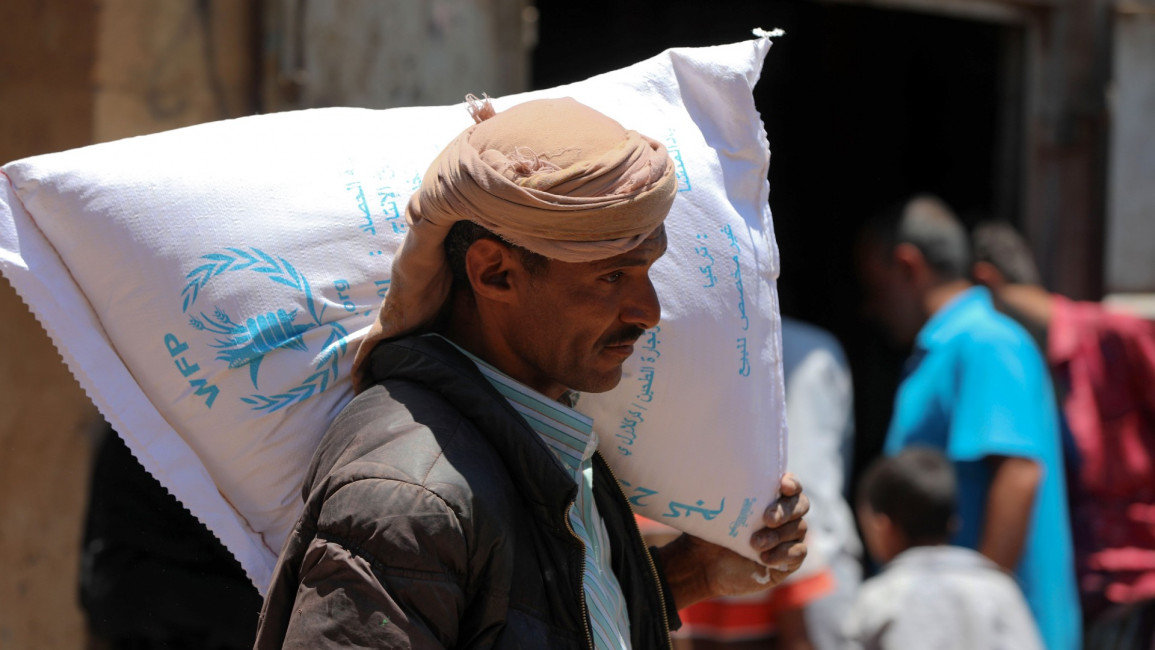Follow us on Facebook, Twitter and Instagram to stay connected
Pompeo’s Yemen policy will lead to worst famine in almost half a century: UN
US Secretary of State Mike Pompeo’s designation of the Houthi rebel has caused a backlash from several NGOs that are now worried they will not be able to send aid to a country that is already undergoing the worst humanitarian crisis in the world.
The rebel group controls much of Yemen, including the capital Sanaa, and is already under US sanctions.
But a designation as a terrorist group is expected to scare away outside actors from transactions with Houthi authorities, including bank transfers and buying food and fuel, for fear of US prosecution.
This move will likely cause food prices to increase by a stark 400%, said Mark Lowcock, the director-general of the United Nations Office for the Coordination of Humanitarian Affairs.
“Yemenis are crowding into markets and shops to stockpile whatever they can afford. Families are terrified that no more food or other supplies will make it into the country,” he said.
Twitter Post
|
Lowcock was the first to call for a reversal of this decision, adding that food suppliers will be reluctant in providing necessities to Yemenis due to worries that they could get “caught up in US regulatory action which would put them out of business or into jail.”
“Some of the Yemeni traders’ suppliers, bankers, shippers and insurers are saying they are hoping they can keep going. If they can, they say, their best-case estimate is that costs could go up by 400%. That will make it too expensive for many importers to keep doing business,” he said.
Pompeo insisted that the State Department was aware of the concerns and would work with non-governmental groups and the United Nations to ensure that aid goes through.
Lowcock said that the US’ proposed exemption of aid agencies from this backlash would not work because they “have no confirmed details on how they will work or what activities will be eligible.”
President Donald Trump's administration has been ramping up pressure on Iran in its final days, hoping to make it more difficult logistically and politically for Biden to ease sanctions as he seeks a return to a nuclear agreement.
US officials and analysts say that Iran has armed the Houthis, with which the Shia clerical state has religious kinship, but some experts question the extent of cooperation and see Tehran primarily as interested in bogging down Saudi Arabia, whose brutal air campaign has included strikes on civilian targets.
More than 100,000 people, mostly civilians, have been killed and millions displaced in Yemen's war, with most of the nation dependent on some form of aid to survive.



